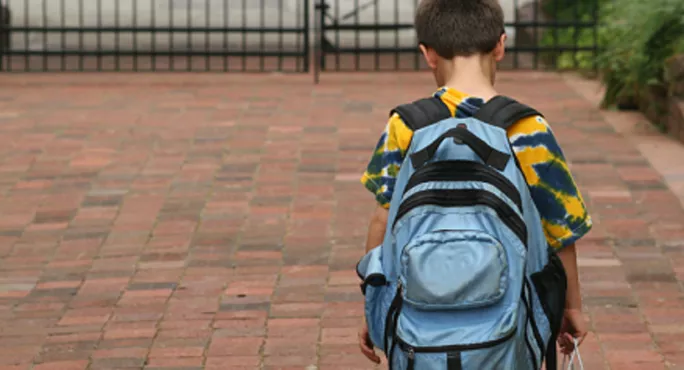- Home
- The eight words that affect every secondary: summer schools funding will not continue in 2016
The eight words that affect every secondary: summer schools funding will not continue in 2016

Just before Christmas, eight short words appeared in a one-line announcement from the Education Funding Agency: Summer schools funding will not continue in 2016.
Unsurprisingly, with schools on holiday and the general population disporting themselves in pre-Christmas jollity, few noticed the terse one-liner and those that did may not have appreciated its significance.
These one- and two-week summer schools are for vulnerable Year 6 pupils on the point of moving up to secondary school. Funding was first made available three years ago, and up to 2,000 schools accessed the money last year alone.
The decision hits the children who need most help at this crucial time in their school career, when they’re making the difficult transition from primary school to secondary.
This is precisely the point at which many disadvantaged children fall behind. They’re moving from being a big fish in a small pond to being a very small one in a large, unfamiliar environment that often simply overwhelms them, and the impact on their attainment can be disastrous.
If they falter at this stage, we know that many will never catch up.
Research tells us that disadvantaged boys and girls who score in the top 10 per cent nationally at the end of primary school receive a set of GCSE results that places them well outside the top 25 per cent.
Summer schools are precisely the type of intervention that keeps high-achieving pupils on track as they make the transition to secondary.
One school which has run a summer school told us: “We were able to see students go from scared/anxious individuals to students that were confident and excited to come back in September. This type of intervention enabled students to understand the new expectations and the environment at a slower, less crowded place.”
Summer schools are the ideal opportunity to stop this waste of potential before it even begins. We’ve been working with schools on summer interventions for eight years, and while many of the activities we do are designed to be fun, summer schools provide a vital opportunity to do a detailed assessment of numeracy and literacy and we provide the school with a full report. They are then in a much stronger position to do the early interventions needed to help the pupils catch up.
One school told us that they achieved 81 per cent progress in literacy and 88 per cent progress in numeracy as a result of their summer school.
The Department for Education has told us that the pupil premium should be used to fund the summer schools, but ministers must know that this is a non-starter. With schools under huge financial pressures, and many being obliged to use pupil premium money to plug gaps elsewhere, this is simply not an adequate response.
‘Pupil premium won’t stretch’
As one school told us: “Our school can only afford to run the programme with the government funding as our already tight school budget doesn’t allow for it at all. If the government doesn’t support funding for 2016 then this impacts a lot of pupils.”
In any case, many children not eligible for pupil premium funding would benefit from the summer schools. This is what one head told us: “We had a number of parents requesting places at summer school for children who would really have benefitted but were not eligible for pupil premium funding.
“Some of these were from small rural schools with no peers, some were children who would have benefitted from some intervention to build their confidence with learning, and would have benefitted greatly if funding was extended to accommodate them.”
We carried out a survey of schools that have used the funding in the past three years and 63.89 per cent of respondents said they won’t be able to run the schools without the extra funding.
Ironically, in its last funding allocation, the Department for Education itself flagged up the benefits of the summer schools, saying they “provide an excellent opportunity for secondary schools to help disadvantaged new pupils understand what and how they will be studying in key stage 3. It is also an opportunity for schools to help disadvantaged pupils who are behind in key areas such as literacy and numeracy to catch up with their peers.”
Our survey respondents agree: when asked if the summer school programme had a positive impact on participating pupils, a massive 98.62 per cent said that it did.
We’re not prepared to let the matter rest and we’ve launched a campaign to get the funding reinstated. Schools up and down the country are pitching in. They’re contacting their MPs and we want shadow education secretary Lucy Powell to ask a question at Education Questions in the Commons.
The education select committee says: “It is extremely concerning to see funding cut for summer schools which offer support for those students who need it the most.”
We’re now asking the committee to hold an inquiry on the impact of the summer school cuts.
If you’d like to join our campaign to get this funding reinstated, please email me at Amy@letmeplay.co.uk
Amy Lalla is director of youth training provider Let Me Play, which specialises in working with disadvantaged young people at risk of becoming ‘not in education, employment or training’ (NEET)
Keep reading for just £1 per month
You've reached your limit of free articles this month. Subscribe for £1 per month for three months and get:
- Unlimited access to all Tes magazine content
- Exclusive subscriber-only stories
- Award-winning email newsletters